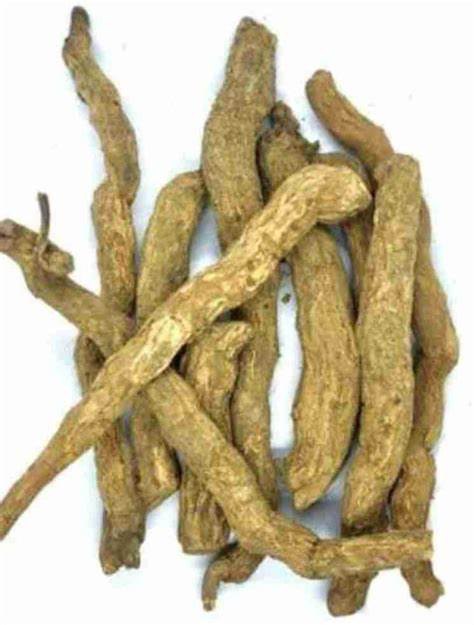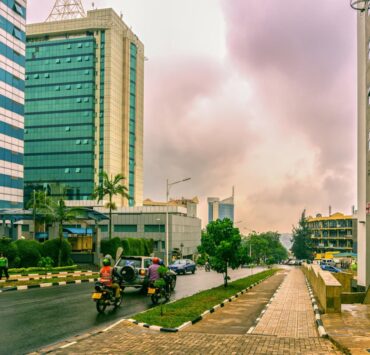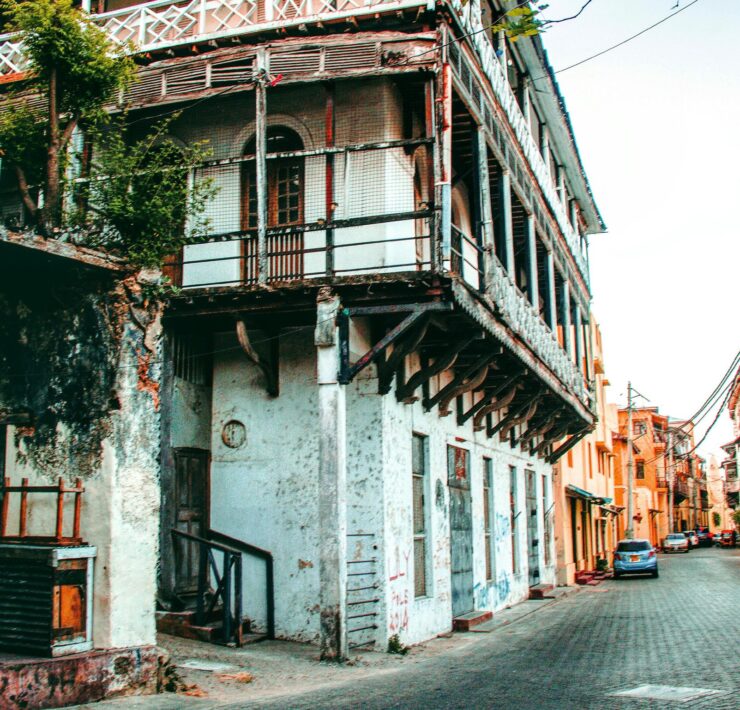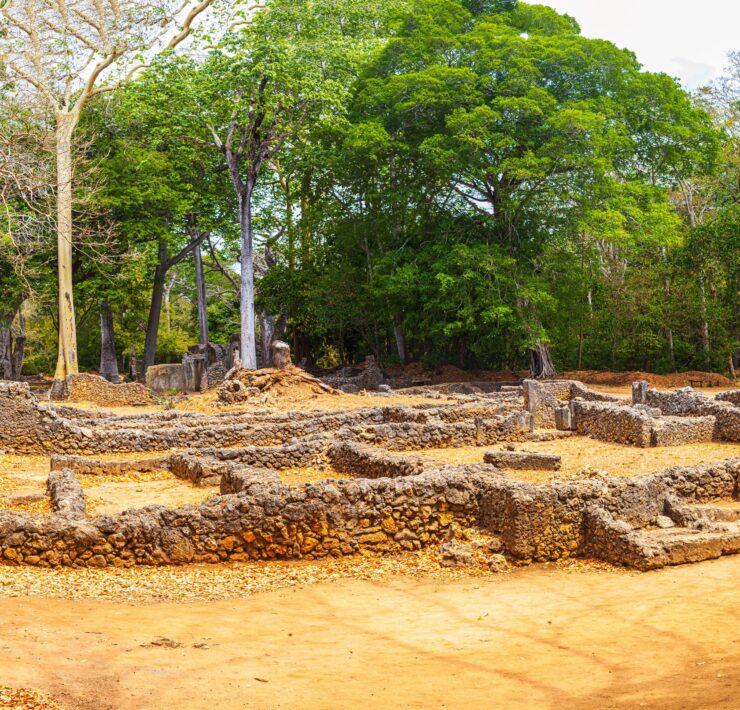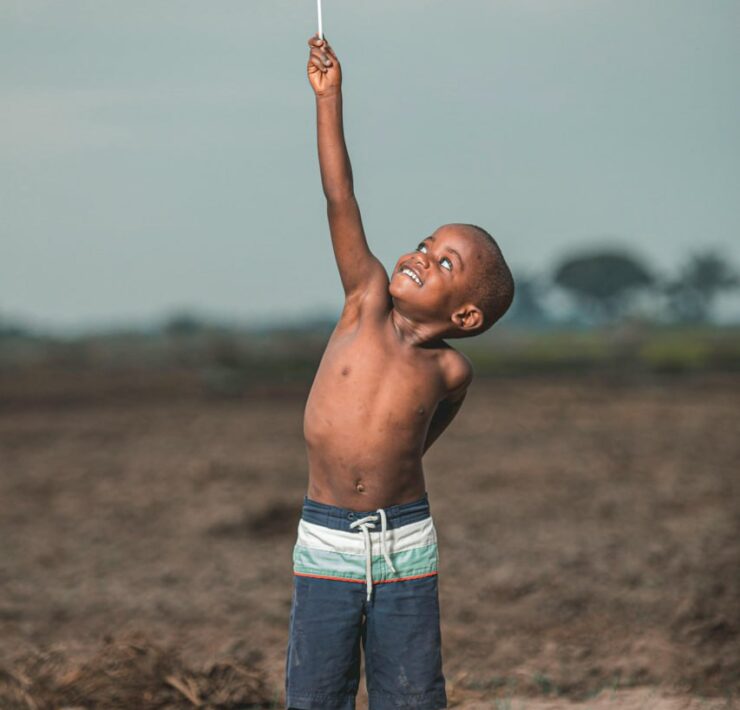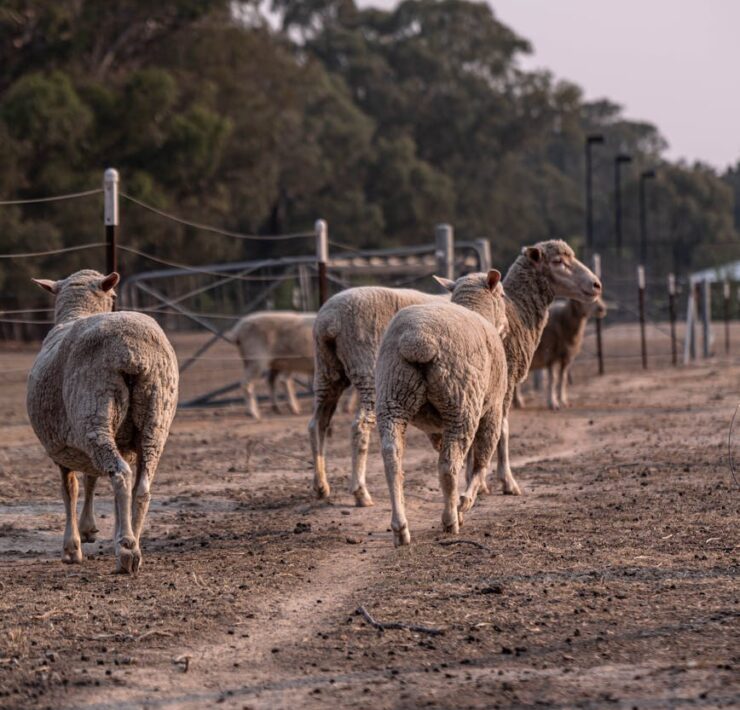The Theft and The Colonization of Africa’s Indigenous Knowledge
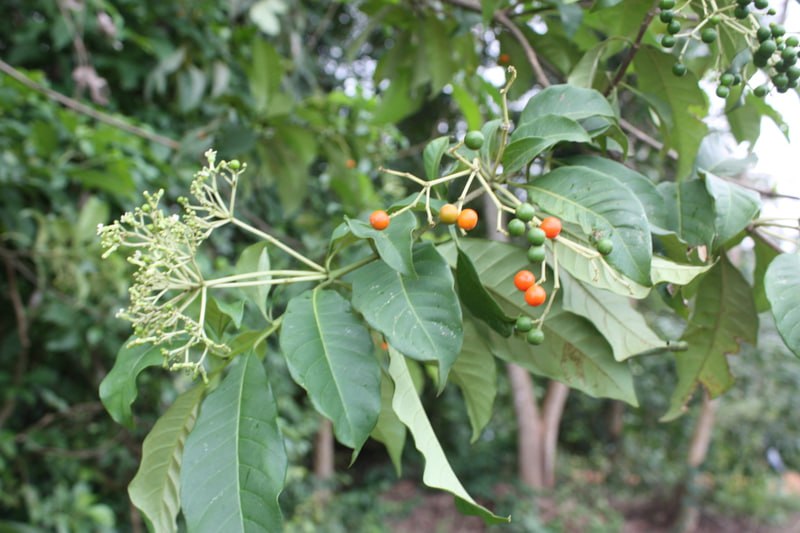
Anselm Adodo is the Director of Africa Centre for Integral…
Read Next
Rauwolfia vomitoria, often called African serpentwood or poison devil’s pepper, is a plant widely valued across Africa for its healing properties. It grows in tropical regions from West Africa, like Senegal and Nigeria, to East Africa, including Ethiopia and Kenya, and as far south as Angola. This plant can reach up to 8 meters in height, with dark green leaves, small white flowers, and red seeds. African traditional healers have long used its roots, bark, and leaves to treat conditions like high blood pressure, mental illness, insomnia, and depression.
In the mid-20th century, Rauwolfia attracted global attention because of its alkaloid content, especially reserpine, which became one of the first drugs used to treat hypertension and psychiatric disorders. Despite this, the plant was named “Rauwolfia” after a German botanist, Leonhard Rauwolf, who documented medicinal plants. This raises a serious question: why is the plant named after a European botanist when African traditional healers had already discovered and used its medicinal benefits long before his documentation?
This is an example of the broader issue of colonialism in knowledge and plant naming. The contributions of African healers are often overlooked, and the economic and intellectual benefits of their discoveries are rarely shared with them. Today, there’s a growing movement to decolonize botanical naming and to give proper recognition to those who first discovered these plants’ medicinal properties—often at the cost of their lives and livelihoods, without any recognition or reward.
Editorial note: This is a very useful question the author has asked and we need to look into it. How is it that the knowledge of ancient Africans is deemed inferior while we celebrate those who either stole or borrowed the knowledge from them as true and superior? It has never made sense. Same thing with the naming of places in Africa after European invaders, as if the Africans living in those places did not have names for their environments before the white man came. We need new narratives.
Subscribe now for updates from Msingi Afrika Magazine!
Receive notifications about new issues, products and offers.
What's Your Reaction?
 PIN IT
PIN ITAnselm Adodo is the Director of Africa Centre for Integral Research and Development, Nigeria and founder of Arica's foremost herbal research Institute, the Pax Herbal Clinic and Research Laboratories (Paxherbals). His research interest is Phytomedicine, Taxonomy of African medicinal plants, indigenous knowledge systems, rural community development, Africanized economic models, health policy reform, and education transformation in Africa. Apart from publications in journals, magazines, national dailies and peer-reviewed journals, Anselm has written more than ten books. He is an adjunct visiting lecturer at the Institute of African Studies, University of Ibadan, Nigeria, an Adjunct Research Fellow of the Nigerian Institute of Medical Research, a Fellow of the Nigerian Society of Botanists, a Research Associate at the University of Johannesburg, South Africa, and an adjunct professor at Morehouse School of Medicine, Atlanta, Georgia, USA.









